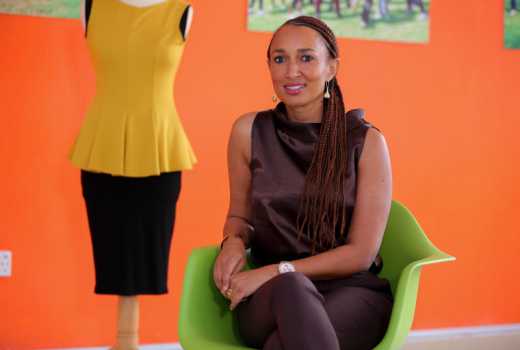×
The Standard e-Paper
Smart Minds Choose Us

Better is the end of a thing than its beginning, the Bible says. And that time has come for Wandia Gichuru, the co-founder and CEO of Vivo Activewear.
She is leaving the entertainment and investment show KCB Lions’ Den after two seasons. Wandia spoke to the Hustle about her journey in the fashion industry, her interactions with the entrepreneurs on the show and what she’ll miss about it.